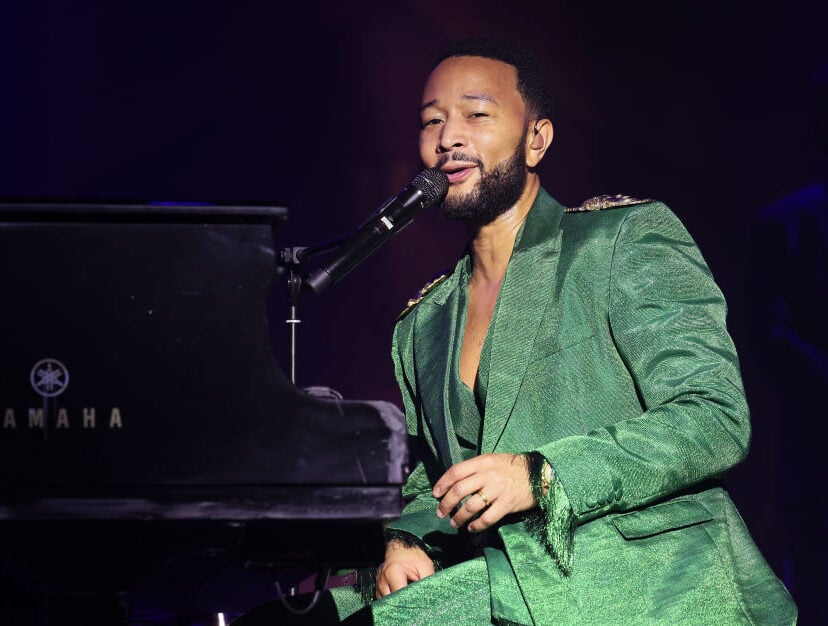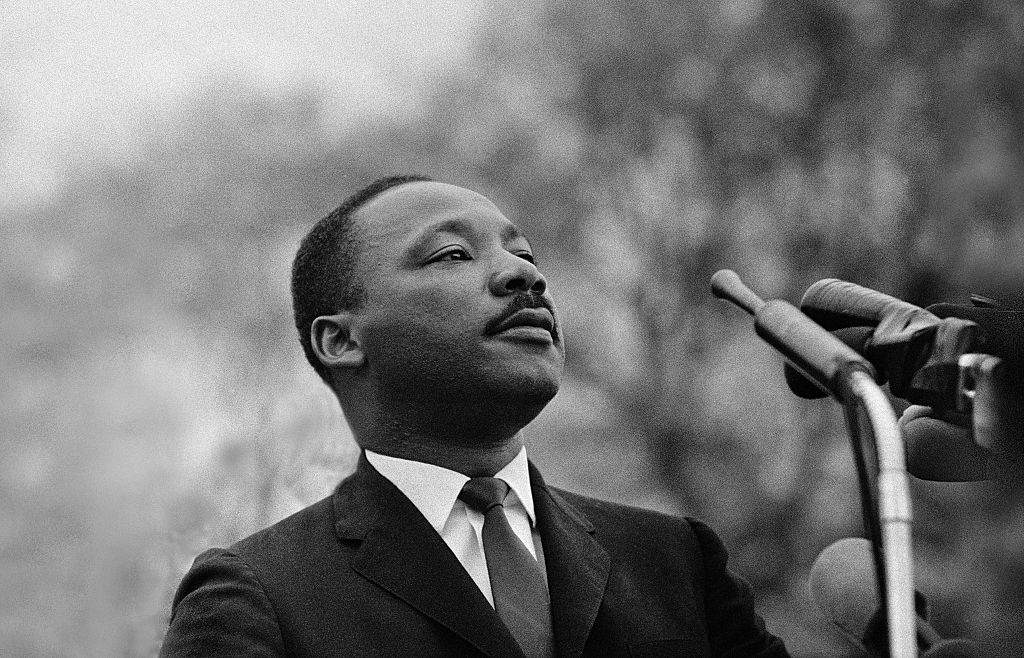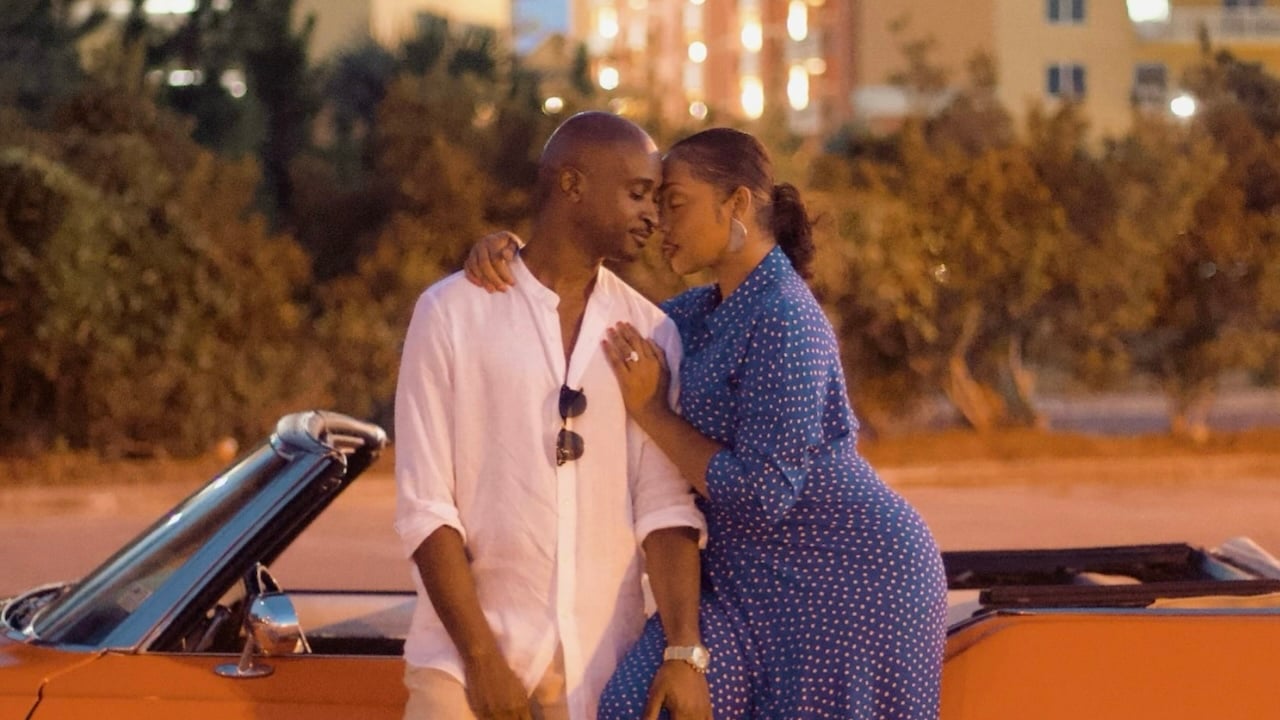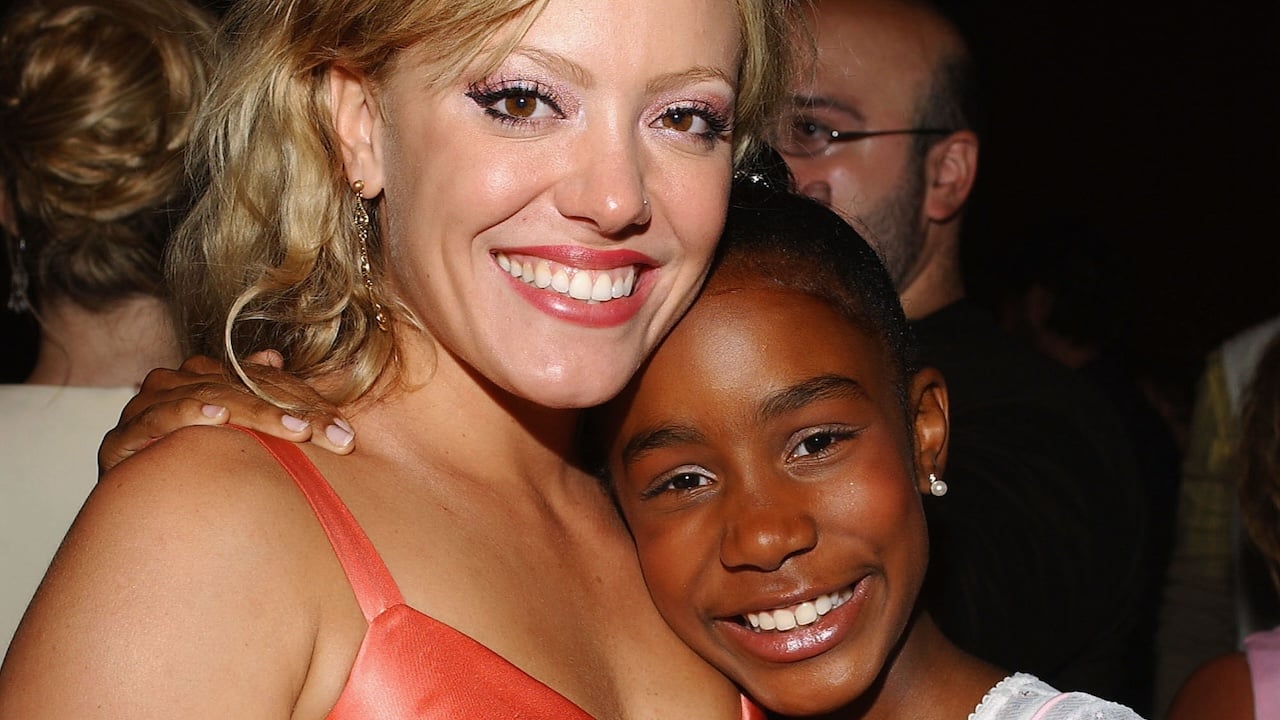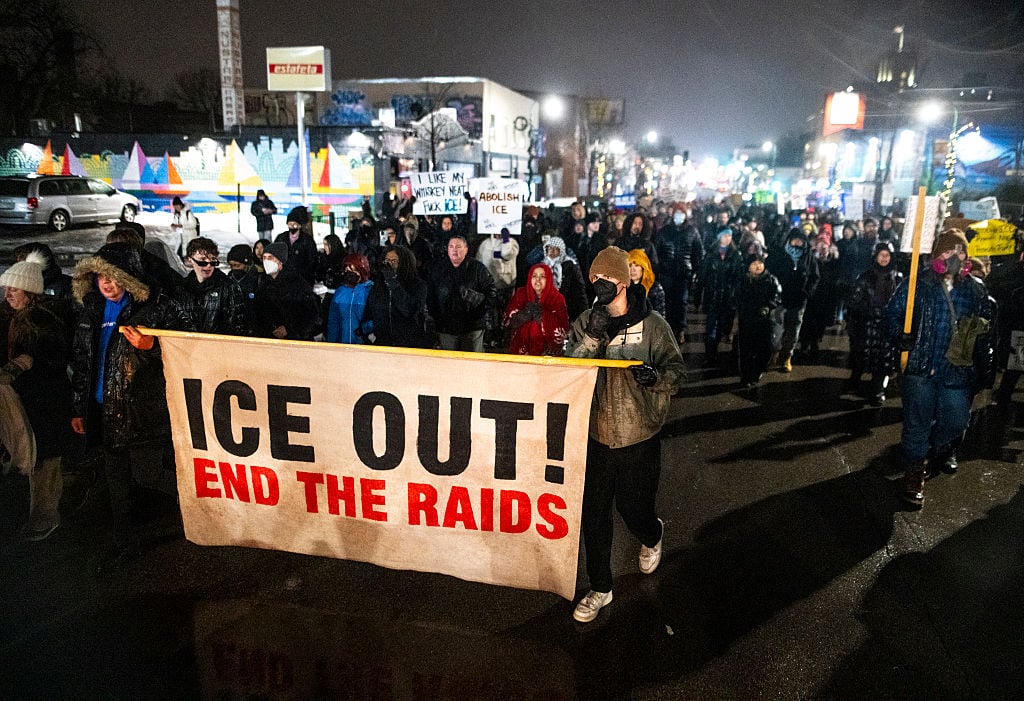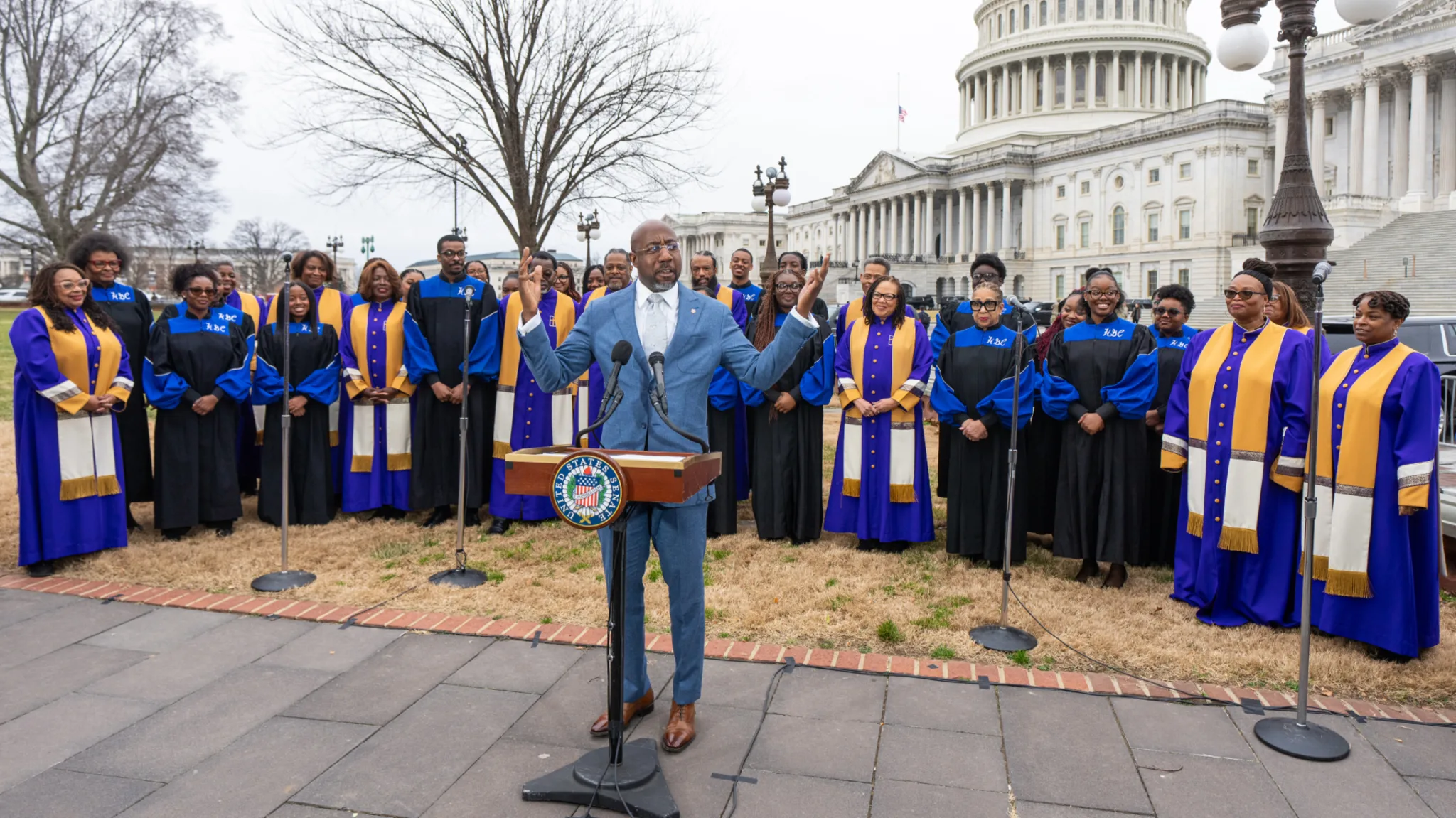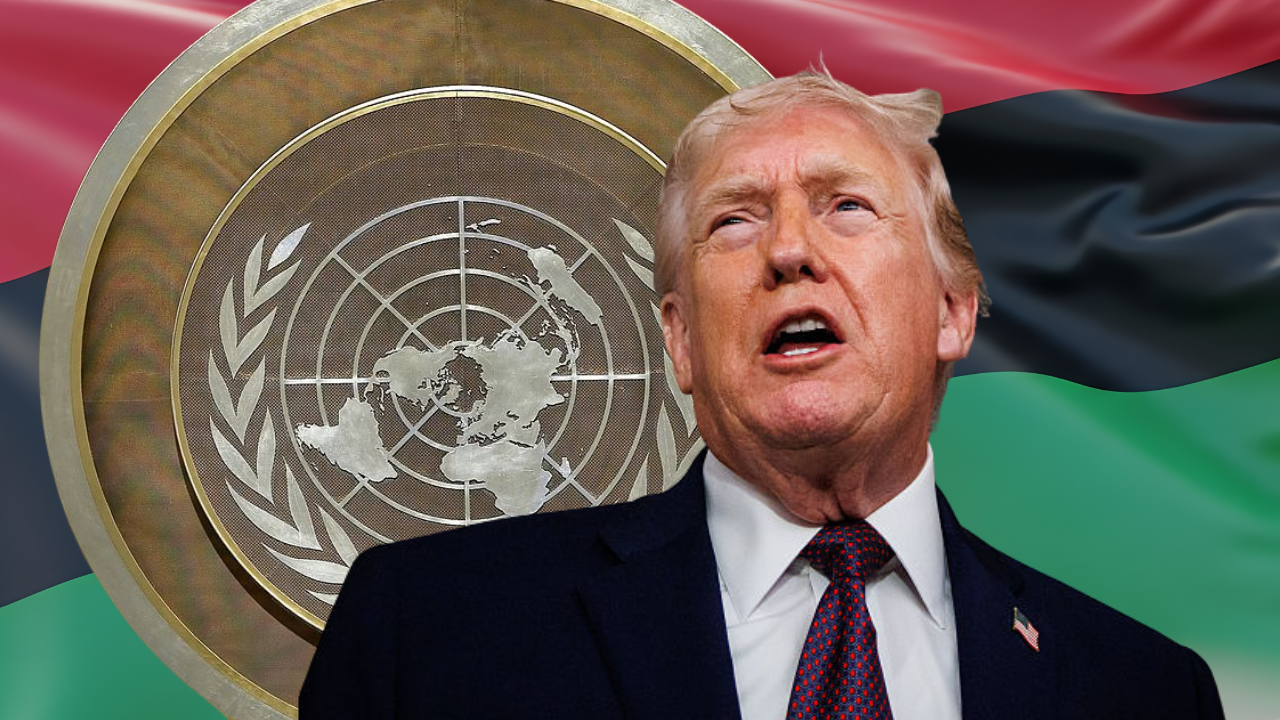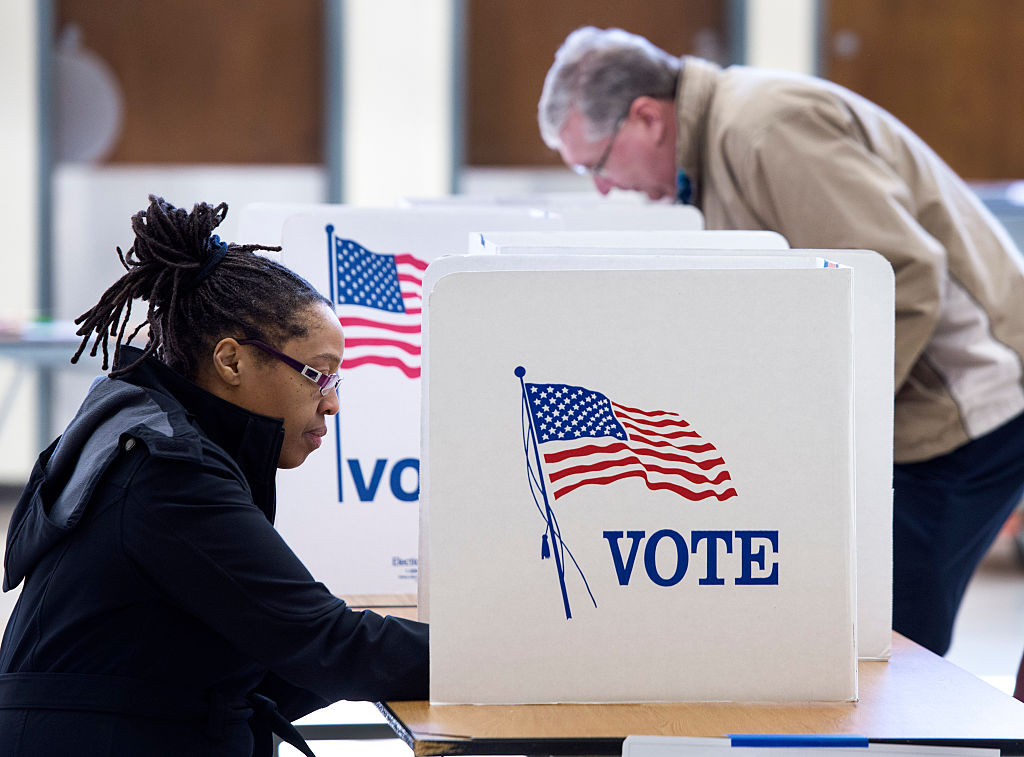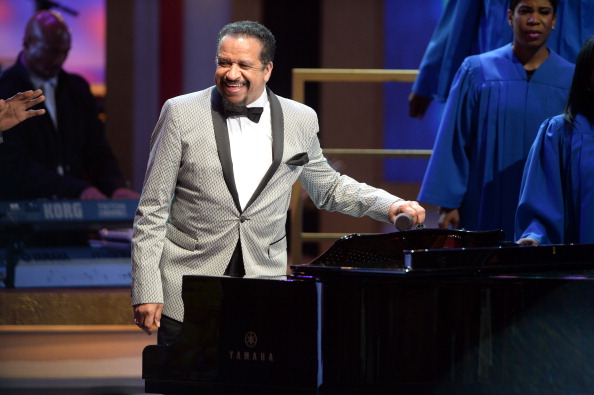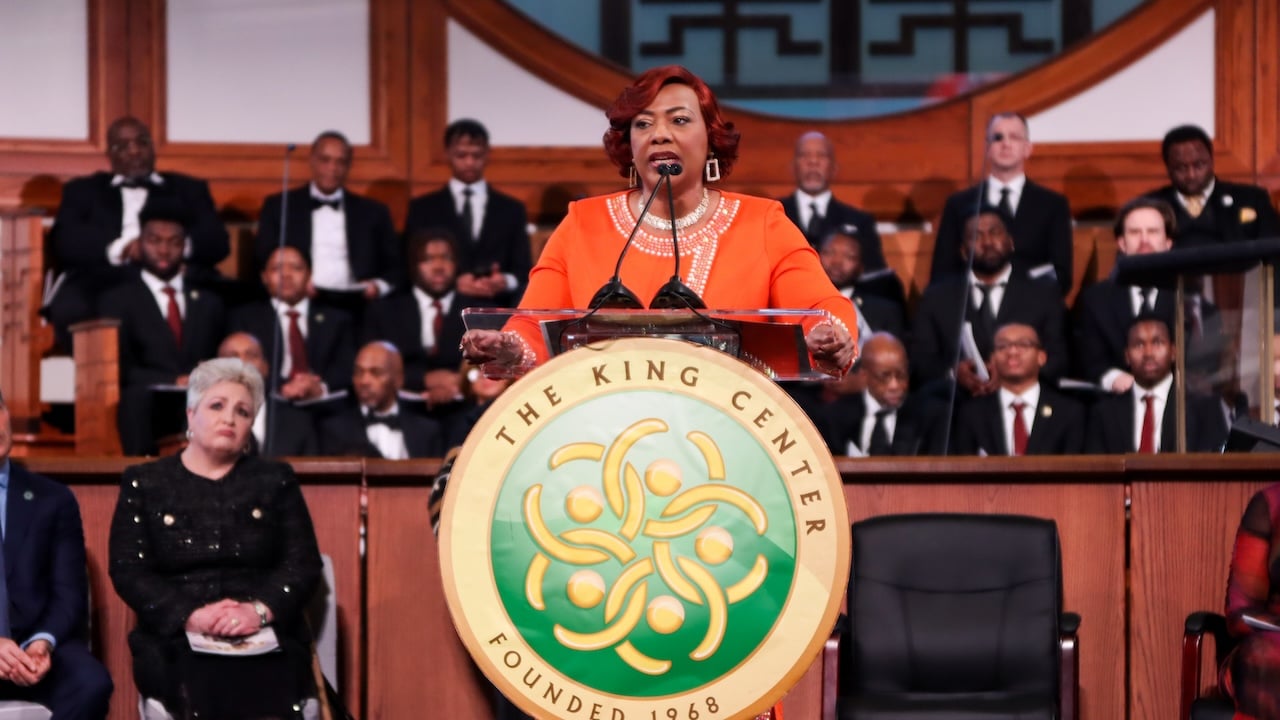Correction vs. Cruelty: Why Getting Punched In The Face Matters


My sophomore year of college, I got punched in the face over Madden.
As young men in school are wont to do in lieu of studying, a friend and I were in the dorm running a game. Trash talk was part of the ritual. But that day, in the heat of losing, I decided to go nuclear: I started saying some wild, over-the-top things about his sister. I wasn’t trying to be malicious; my man was lighting me up on the same QB draw play, and I was just trying to break his concentration.
Each time I made an increasingly offensive comment, he warned me. Calm, direct, and clear: “Quit playin’ like that. I’ll punch you in the face.”
But I was 19. And like a lot of 19-year-olds, I thought I was invincible, clever, and immune to consequences. So I kept on. And a few minutes later, true to his word, he paused the game, stood up, and punched me dead in the face.
Eye swollen, ego bruised, I went to rally the troops. I told my boys what happened, expecting backup. Instead, they all shrugged. Not one person had my back. The consensus was unanimous: “You shouldn’t have been talking crazy about that man’s sister.”
Lesson learned. You keep running your mouth like that, somebody might run the fade. Fair’s fair.
Disrespect has consequences. And sometimes the best way to learn that lesson is with a swollen eye and your friends telling you, “Yeah, you deserved that.”
That story sticks with me, especially right now, because it’s exactly what’s missing from today’s culture.
Not wanton violence over minor slights or the use of physical threats to assert one’s seriousness. But basic boundaries and consequences for how we interact with one another.
We live in a time where people feel free to say whatever, however, to whomever, with no fear of correction.

It’s not just that people feel empowered to speak without consequences online. It’s that internet culture has created the conditions for a certain level of cruelty that, itself, has become acceptable and normalized.
Nobody’s worried about the effects of their actions, so people have begun to feel entitled to cross the line with their words.
Hot-take culture and the attention economy have made cruelty a commodity. The most extreme, most disrespectful, most demeaning versions of an opinion are the ones that get rewarded. Nuance doesn’t go viral; cruelty does.
And once cruelty becomes the baseline, as a community and a society, we lose the ability to disagree without dehumanizing. Making the point becomes the point, no matter how irrational.
Let’s be clear; criticism isn’t the problem. Debate and disagreement are healthy. The Black haircare industry has survived for generations as venues of open discussion on exactly that energy.
But there used to be a line. You could argue Jordan versus Magic, Biggie versus Pac, or even Super Nintendo versus Sega Genesis. But you knew not to take it there. There was a line where disagreement met disrespect, and it was clear and enforced. Critique was fine. Cruelty wasn’t.
Now that line is blurred. Calling LeBron James overrated online is just sports talk. But attacking Bronny James as an individual solely based on who his father is? That’s cruelty. Saying Caleb Williams is struggling because he’s short and can’t throw over the middle is a legit critique of his game. Questioning his masculinity because he paints his fingernails is just being cruel. You can say that a rapper is washed or that you don’t really rock with their music like that, but it’s cruel to mock them if they become a victim of a senseless act of violence.
The slide from criticism to cruelty is subtle, but it corrodes everything it touches.
But here’s the lynchpin of the problem: we’ve mistaken argument for debate.
Debate is rooted in curiosity, in the back-and-forth exchange of ideas where the goal is to learn something, even if the end result is agreeing to disagree. I present an opinion, then I support it with facts and data, then you do the same. The merit of the discussion isn’t the passion we have for the subject; it’s the knowledge that we’re sharing as peers.

Argument, on the other hand, is about winning. It’s solely about being right. It supplants facts for feelings, information with emotion, and it’s inherently personal. It can be about embarrassing the other side, landing the sharpest jab, scoring points for the crowd.
And it gets worse online, where we’ve slid from something like debate into an endless argument that amounts to nothing at all. And when cruelty becomes the currency of argument, it’s only a matter of time before unreasonable stakes create unreasonable participants. Neither side of an issue is trying to create lanes for understanding, empathy, or actual dialogue. It’s rage bait designed to bring out the worst in each other to an inevitable point where someone gets tuned out, kicked out, or called out.
In other words, they get canceled.
Instead of agreeing to disagree, we disassociate. We disown. We dismiss. We allow spite to make our differences seem irreconcilable, and then we find ourselves in echo chambers of people, places, and ideas that don’t challenge us, don’t grow us, and don’t make us better. Just more comfortable in what we believed in the first place.
But here’s the thing: before we embrace cancel culture and run to our preferred venues, we need to reexamine the social value of correction culture.
Let me be clear, this is not about excusing bad behavior. It’s about disincentivizing shock and awe as a discussion tactic (more on that later).
So, here’s how correction is different. Correction says, “You went too far, pull it back.” It’s the nudge that reminds us of boundaries and teaches us respect. Correction is how we moderate behavior in real time, not by bullying people, but by showing them that cruelty won’t be rewarded.
We can all agree there should be consequences for being roundly disagreeable. But those consequences don’t always need to be violence, public shaming, or banishment. Sometimes it’s just about explaining what comes next, a reminder that you crossed a line and need to adjust.
It’s not about levying threats or brandishing literal or metaphorical weapons. It’s about enforcing mutual respect from everyone in a given space, situation, or community.
That’s healthier, more sustainable, and more human than the cruelty cycle we’re in now.

When I talk about correction, I don’t just mean somebody putting hands on you. Most of the time, correction is nonviolent. It’s the everyday ways communities let you know you’ve crossed a line and need to adjust. We’ve all been corrected at one time or another, even if we didn’t explicitly know it. Here’s some ways it might’ve shown up for you:
- Isolation: Sometimes the group just puts you on ice. You’re “on time out” for a while. People stop inviting you, stop engaging, and the silence itself becomes a message: “You’re doing too much, chill out if you want back in.” Isolation isn’t about exile; it’s about giving someone space to realize their behavior isn’t working.
- The Call-Out: This one’s public, but respectful. Someone says, “Nah, patna, that’s not it,” and then explains why. It’s correction with guidance: not only pointing out what’s wrong but showing you how to make it right. A call-out, when done with care, is really a call-in.
- The Check-In: Sometimes correction isn’t about stopping bad behavior, but understanding it. A quiet DM, a private conversation: “Hey Champ, you good? What’s really going on?” Maybe the behavior is rooted in stress, grief, or something deeper. Correction here is about empathy; locking in on the real issue instead of just the surface outburst.
- The “Pray-For”: This one is the last resort. When someone refuses correction and keeps wildin’ out, you don’t throw them away, but you stop trying to fix them yourself. You let them know their behavior is unacceptable, and then you leave the rest to God. “I can’t help you right now, but I’m praying for you.” It’s not abandonment, it’s boundaries with grace.
These nonviolent forms of correction are just as powerful as a punch in the face. They’re their own types of confrontation. They teach accountability, restore community, and remind us that cruelty doesn’t have to be the default.
When society loses its fear of ostracization, or worse, when society rewards being offensive as being effective, we sink lower into the morass of cruelty. The algorithms on our social media feeds reward vitriol over virtue by equating enraging with engaging.
Cable news has devolved into a bunch of people sitting around a table yelling at each other for an hour with a few breaks here and there to try to sell over-the-counter memory-boosting pills. People dunking on each other for likes and shares is a daily operation.
When cruelty is normalized, it reshapes the way we treat each other. But, even worse, it teaches our children that there’s no need to seek agreement or conciliation. They learn to admire the bully and embrace their tactics. We remove compassion and empathy from their early vocabularies and replace them with an inherent disinterest in the well-being of those around them.
When cruelty is the baseline, respect disappears. And without respect, there’s no foundation for community.
And not to bring it to the “back in my day” level, but every community requires agents of correction. Sure, there’s teachers and coaches and other parents, but there’s also the bigger kid at the playground or the one guy in the neighborhood that nobody messes with because someone messed with him a long time ago, and now we all know he ain’t the one.
So what does it look like to bring back a culture of correction in 2025?
It’s not punching someone in the eye or canceling them outright. It’s a lot more nuanced than that. There’s got to be a space made for thoughtfulness to assert itself. We have to find ways to eschew the din of controversy and elevate voices of reason. Instead of amplifying the voices of division, we need to punish them with our silence.

The opposite of love isn’t hate; it’s indifference. So, if you find yourself engaged in a discussion that’s being driven by cruelty, disengage. Your attention is a commodity that you get to decide how to spend, and, as stated before, isolation is a form of correction.
Correction doesn’t mean shutting people up. It means reminding them that words land somewhere, on someone.
So yeah, there’s a lesson I carry from the day my mouth got me punched in the face over Madden. Not because of the pain, but because of the correction. My swollen eye taught me more about boundaries than a thousand insult-laden arguments ever could. My friends refusing to back me up taught me that community values respect over cruelty.
And here’s the kicker: me and the guy who punched me are still friends. I DJ’d his wedding. We laugh about that moment now because we both understand it for what it was, a lesson, a correction, a small piece of accountability that helped us grow into better men.
That’s the piece we’re missing now. Not the punch itself, but the culture of correction over cruelty. A society where boundaries matter, where cruelty is checked before it festers, where respect is enforced not through fear but through accountability.
Because cruelty cannot be the culture.
And sometimes, the only way to learn that is to get punched in the face… metaphorically, of course.
Corey Richardson is originally from Newport News, Va., and currently lives in Chicago, Ill. Ad guy by trade, Dad guy in life, and grilled meat enthusiast, Corey spends his time crafting words, cheering on beleaguered Washington DC sports franchises, and yelling obscenities at himself on golf courses. As the founder of The Instigation Department, you can follow him on Substack to keep up with his work.
SEE ALSO:
What's Your Reaction?
 Like
0
Like
0
 Dislike
0
Dislike
0
 Love
0
Love
0
 Funny
0
Funny
0
 Angry
0
Angry
0
 Sad
0
Sad
0
 Wow
0
Wow
0




